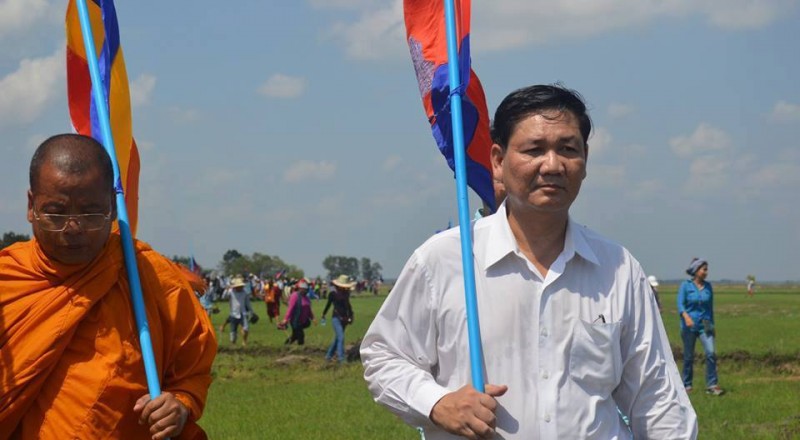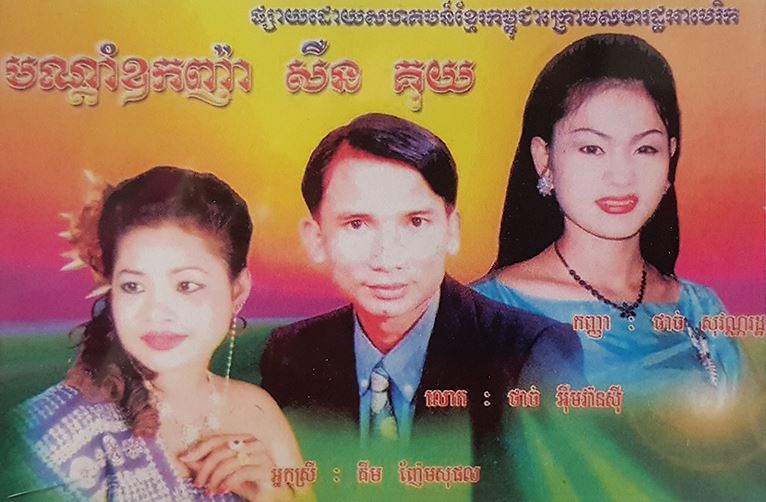Target hate speech and hate crimes, Zeid urges States

Fri 12th Waning Moon of Phagguṇa B.E.2560, March 24, A.D.2017 Year of the Monkey
Statement by UN High Commissioner for Human Rights Zeid Ra’ad Al Hussein International Day for the Elimination of Racial Discrimination,
21 March 2017
The International Day for the Elimination of Racial Discrimination is an annual reminder to us all to do more to combat racism, racial discrimination, xenophobia, hate speech and hate crimes.
But 21 March needs to be more than a reminder. People of African descent continue to be victims of racist hate crimes and racism in all areas of life. Anti-Semitism continues to rear its ugly head from the US to Europe to the Middle East and beyond. Muslim women wearing headscarves face increasing verbal, and even physical, abuse in a number of countries. In Latin America, indigenous peoples continue to endure stigmatization, including in the media.
The dangers of demonising particular groups are evident across the world. Xenophobic riots and violence targeting immigrants have recently flared again in South Africa. In South Sudan, polarised ethnic identities – stoked by hate speech – have brought the country to the brink of all-out ethnic war. In Myanmar, the Rohingya Muslim community, long denigrated as “illegal immigrants,” have suffered appalling violations.
And across the world, the politics of division and the rhetoric of intolerance are targeting racial, ethnic, linguistic and religious minorities, and migrants and refugees. Words of fear and loathing can, and do, have real consequences.
UK Government statistics showed a sharp increase in reported hate crime in the weeks following the 23 June 2016 referendum on the UK’s membership of the European Union, in which immigration was a dominant issue.
FBI figures indicated a rise in hate crimes nationwide in 2015, a year when the US presidential election campaign – a campaign that often focused on the supposed threats posed by migrants, Hispanics and Muslims – began in earnest. Data collected by the Southern Poverty Law Center indicates that migrants, African-Americans and Muslims were the most affected by hate crimes in the immediate aftermath of the election, although full data for 2016 is not yet available.
In Germany in 2016, there were approximately 10 attacks a day on migrants and refugees, a rise of 42 per cent on 2015. Cases of reported hate crimes increased more than three-fold in Spain from 2012, reaching 1,328 in 2015. Italy saw reported hate crimes rise from 71 to 555 in 2015; Finland experienced a doubling of reported hate crimes from 2014 to 2015, when 1,704 incidents were reported.
These figures paint a partial picture of the situation in the respective countries but there are many States that do not collect data on racist hate crimes, leaving the true extent of the problem obscured. Tackling racism and xenophobia begins with understanding the scope of the problem. I encourage States to do more to collect disaggregated data, including on the basis of race and ethnicity, so they can monitor trends, understand causes and design and implement targeted action to bring about real change.
This day reminds us that States have no excuse for allowing racism and xenophobia to fester, much less flourish. They have the legal obligation to prohibit and eliminate racial discrimination, to guarantee the right of everyone, no matter their race, colour, national or ethnic origin, to equality before the law.
States should adopt legislation expressly prohibiting racist hate speech, including the dissemination of ideas based on racial superiority or hatred, incitement to racial discrimination, and threats or incitement to violence. It is not an attack on free speech or the silencing of controversial ideas or criticism, but a recognition that the right to freedom of expression carries with it special duties and responsibilities.
We face a world where discriminatory practices are still widespread. But it is not the time for despair.
Equality bodies and national human rights institutions in many countries work to prevent and combat discrimination. Some law enforcement agencies are incorporating human rights standards into their actions, not just because they are legally obliged to, but because it leads to more effective policing. Similarly, education and healthcare professionals, as well as good employers, are tackling the racial, ethnic and religious prejudices and profiling that exist in their sectors. Progress here needs to continue, including through affirmative action, training and representation of ethnic and racial minorities.
The UN has launched several initiatives to fight racism and xenophobia, including Together” which promotes respect, safety and dignity for refugees and migrants,Let’s Fight Racism“, and the International Decade for People of African Descent. My Office, the UN Human Rights Office, is asking people around the world to”Stand Up for Someone’s Rights Today“. And, around the world, that is exactly what many people are doing. Taking a stand against discrimination, no matter where it happens.
– See more at: http://www.ohchr.org/EN/NewsEvents/Pages/DisplayNews.aspx?NewsID=21407&LangID=E#sthash.HmTWV35L.dpuf
Related
សូមគាំទ្រឧបត្ថម្ភ សហគមន៍ខ្មែរក្រោម Support KKC
សូមអរគុណដ៏ជ្រាលជ្រៅចំពោះសប្បុរសជននូវវិភាគទានទាំងនេះ។
We’re On Facebook

Sign in
Click here to reload the page over ssl.




